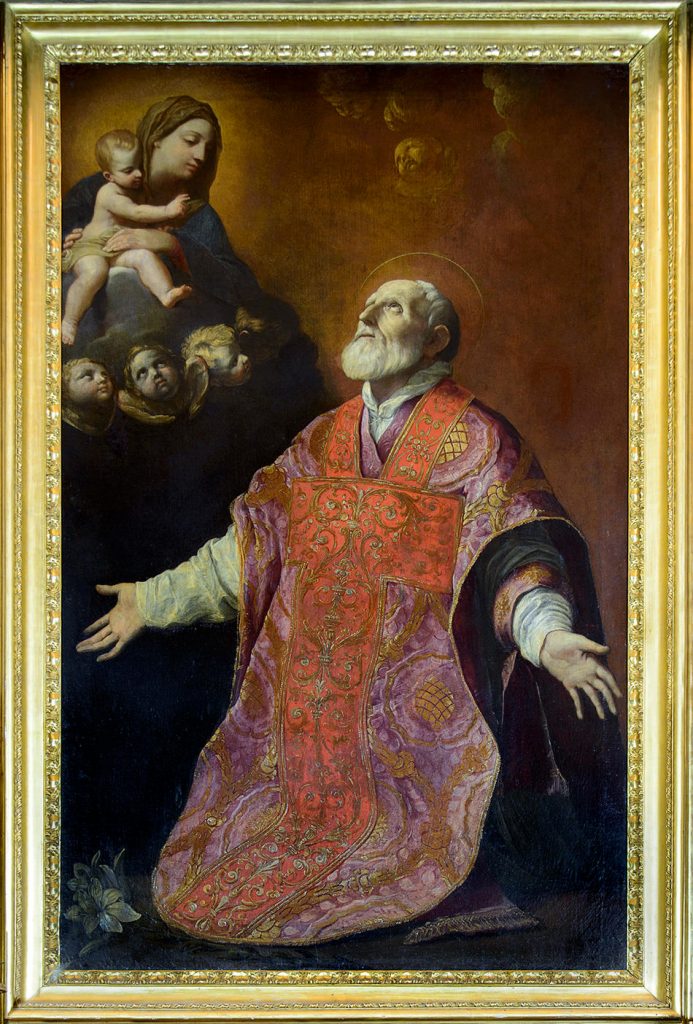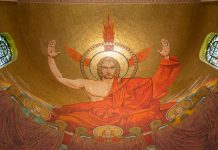Paula Adamick’s discussion of the skyrocketing rates of ‘depression’, especially amongst the young, should give us some deep pause. After all, youth, as Saint Thomas teaches, is, or should be, a time full of hope, of dreams, of all those things that might yet be, within the grasp of one’s incipient powers and talents. Yet so many are mired in sadness and despair.
The early Fathers wrote much about acedia, with which Ms. Adamick, rightly in my mind, connects at least some forms of depression (although we must always be careful not to judge in individual cases, whose background and etiology we never really know). Acedia, or sloth, Saint Thomas defines as sorrow over spiritual things, a metaphysical sadness that is itself usually caused by overindulgence in sensual pleasures, especially sexual. For nothing so draws the mind away from the duty of the moment as the intense, but momentary and fleeting, delights of lust. But because this vice is connected to nothing spiritual, but rather, as Saint James says, earthly and devilish, we always need a more intense ‘fix’; hence, the increasing deviancy of pornography and other sordid actions, mutual or not, what can only loosely be defined as ‘sex’.
Now we also have the opiod and other drug addictions, and just wait until marijuana becomes legal and widespread.
Anything that gets in the way of these pleasures itself soon becomes hateful: Hence, hatred of truth, of the Mass, of the sacraments, of intellectual pursuits, of culture, of beautiful music, of pleasant conversation, of sacrifice for others, of ‘giving oneself’ for the good of those we love, of self-perfection and the hard discipline required to develop and use our talents. And, well, you get the picture: What we have instead are droves of sad, unfulfilled, self-seeking, hedonistic youth who despise anything to do with true ‘culture’, all that may bring them out of their self-destructive path, so many of whom end up with that designation of being ‘depressed’.
The primary remedy to all this is not physiological, more medication, stultifying the brain in a chemical cloud of anti-depressants (whatever their benefits in some cases), but rather spiritual, more discipline in the life of the soul, prayer, confession, the Eucharist, acts of charity. The soul has far more effect on the body, than the body on the soul.
Today is the feast of Saint Philip Neri (+1595), the founder of the Congregation of the Oratory named after him, first in Rome (the city of which he was called the ‘second Apostle’), with houses now throughout the world. Philip was known for his joyful, exuberant spirit, almost the antithesis of depression; after death, his heart was physically twice its normal size, so filled was he with the love of God. Father Philip was known to say that ‘he would have no sad saints around his house’, and when the rambunctious young people made too much noise, and his fellow priests complained, Philip would reply that ‘he would have them chop wood on my back, if it would keep them from sin’.
Father Philip was a much-needed antidote to the gloominess and grimness of Calvin’s (and other’s, even Catholic’s) dour and cheerless version of Christ’s message of salvation. For Catholics should be known for their cheerfulness and happiness, in all that means, the fulfilment of the will, even if we carry some, or many, sorrows; at a deeper level there is the peace that they are living God’s will, and there is light, and the Light, at the end of the tunnel, however long and dark it may seem.
Pope John Paul’s message to youth (and his spirit resembled Saint Philip’s in many ways) was to cast into the deep, be not afraid, be who you are meant to be, that God always loves you and wants to bring you higher, to Himself. The only way we can be truly sad is to live apart from Him, our Creator, our Redeemer, our Sanctifier, in Whom delights know no end.
The best way to fight acedia and sadness, the Fathers taught, was to give God that initial ‘yes’, an act of the will that at first may be difficult, but, once given, His yoke really is easy, and burden light. As Saint Thomas put it, even great and difficult works, if done with love, seem insignificant, and we will always want to do more, with that joy and zeal that should be the hallmarks of a saint-in-the-making, to which we are all called.
So rejoice and be glad, for our salvation is always near at hand.
Saint Philip Neri, ora pro nobis!











